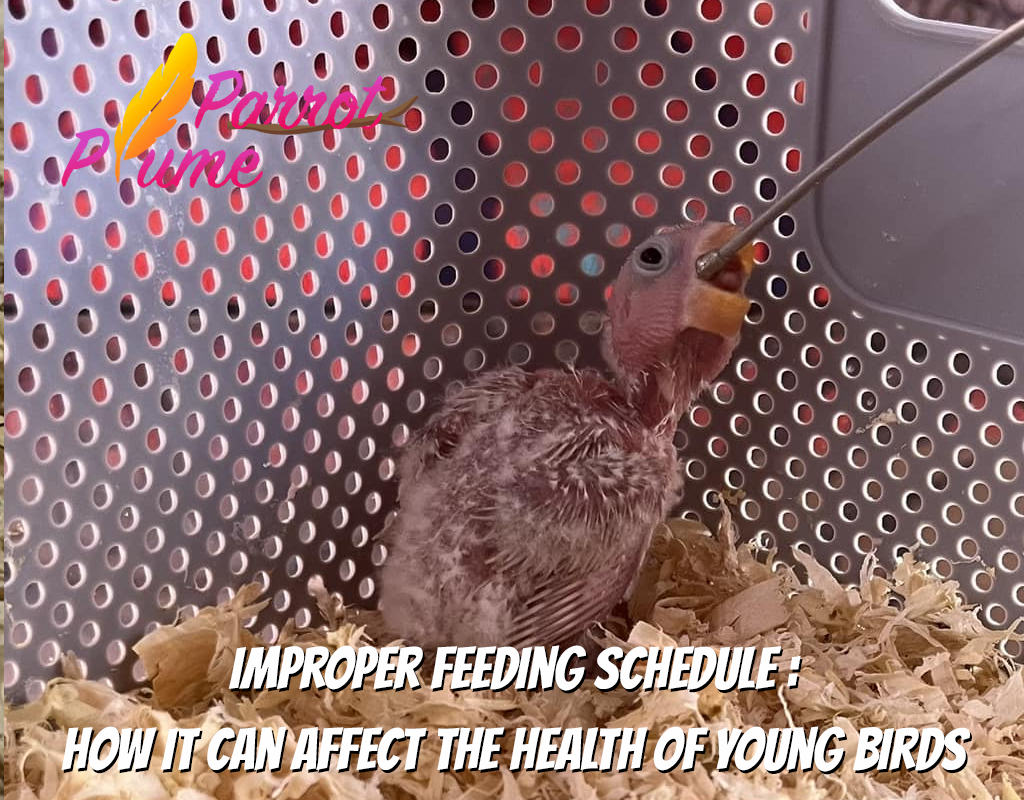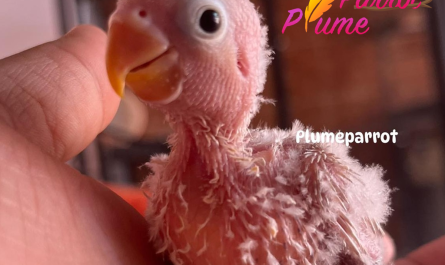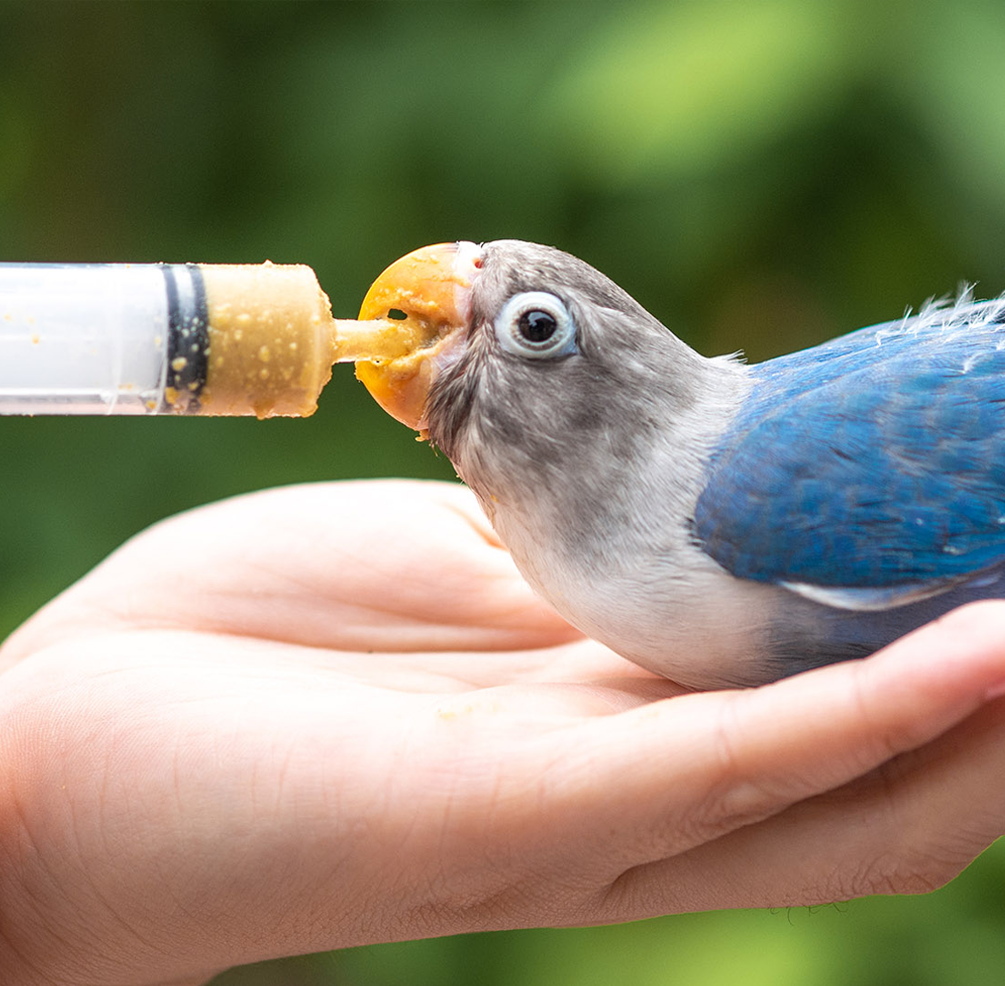A feeding schedule is crucial when caring for young birds, especially those relying on hand-feeding. Failing to maintain a consistent feeding routine can lead to serious health issues, ranging from malnutrition to stunted growth and weakened immunity. In this article, we will discuss the importance of maintaining a regular feeding schedule for your bird and how to do so in a way that ensures your young bird’s health and safety.
Why Is a Regular Feeding Schedule Important?
Young birds need regular feedings to meet their rapidly growing nutritional needs. When the intervals between meals are irregular or insufficient, the bird may experience low blood sugar levels, leading to weakness and lethargy. Additionally, inconsistent feeding can result in malnutrition, as the bird may not receive the essential nutrients required for proper growth.
Potential Dangers of an Improper Feeding Schedule
- Malnutrition: Inconsistent feeding can prevent the bird from getting enough food, affecting its growth and development.
- Physical Weakness: When not fed regularly, a bird can suffer from low energy levels, making it weak and inactive.
- Digestive Issues: Irregular feeding times can also lead to digestive problems, as the bird’s system struggles to adapt to inconsistent meal times.
- Growth Disruption: Inconsistent feeding can lead to growth disturbances, resulting in weak muscles and bones and an overall imbalance in the body.
Common Causes of an Improper Feeding Schedule
- Lack of Time Management: Some caretakers may overlook the importance of sticking to a strict feeding schedule, resulting in feeding at random times.
- Misunderstanding the Bird’s Needs: A poor understanding of the bird’s nutritional needs can lead to feeding at inappropriate times or with insufficient frequency.
- Lack of Knowledge About Ideal Feeding Schedules: Some may lack the proper knowledge regarding how often young birds need to be fed, leading to an irregular schedule.
How to Establish a Consistent Feeding Schedule
- Understand Your Bird’s Needs: Different species and ages have varying nutritional requirements. Learn about your bird’s specific needs in terms of frequency and quantity.
- Set a Fixed Schedule: Create a precise feeding schedule and stick to it daily. Use alarms or apps to remind you of feeding times.
- Distribute Meals Evenly: Try to distribute feedings evenly throughout the day to ensure balanced nutrition.
- Monitor Response: Observe how your bird responds to the schedule. If it seems too hungry before the scheduled time, you might need to adjust the feeding intervals.
- Consult a Veterinarian: If you’re unsure about the ideal schedule, consult an avian veterinarian who can provide advice based on your bird’s individual needs.
Importance of Consistency
Consistency in feeding is key to ensuring your bird’s health and proper growth. Young birds rely on their caretakers to meet their dietary needs, and any change in the schedule can affect their well-being. Thus, it’s vital to maintain a regular and stable feeding routine.
Conclusion
An improper feeding schedule can cause numerous health problems for young birds, but these issues are easily avoidable by setting and sticking to a regular feeding routine. By following the tips outlined above, you can ensure your young bird receives the nutrition it needs to grow up healthy and strong.
Share this content:




